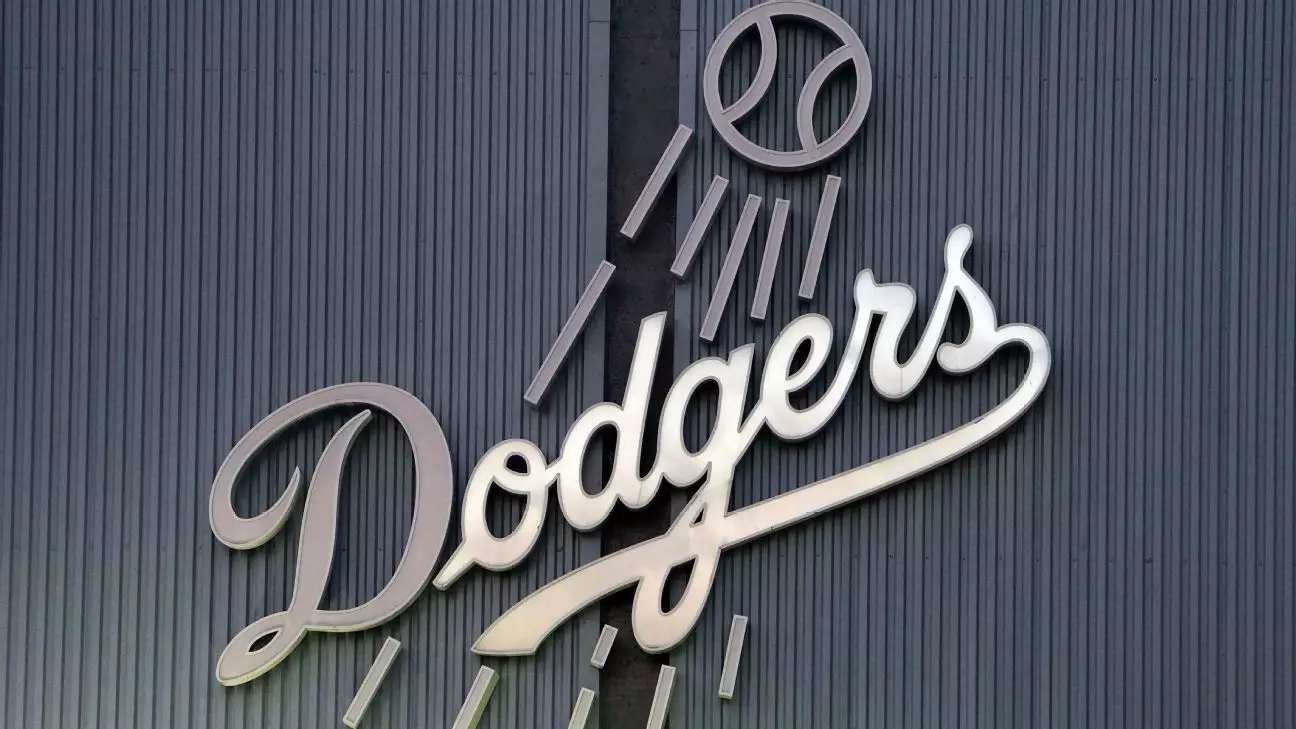In the world of Major League Baseball, few franchises command respect and scrutiny as intensely as the Los Angeles Dodgers. With a storied history and a commitment to winning, the Dodgers have recently made headlines due to their substantial financial obligations related to deferred payouts to several star players. The current total of these deferred payments amounts to an astonishing $1.051 billion, earmarked for eight players over the next three decades. This article aims to explore the implications of these decisions, the larger context of MLB’s financial landscape, and the ongoing debate surrounding deferred pay.
The Dodgers’ financial commitments highlight a common but sometimes controversial practice in professional sports—deferred payments. After Tanner Scott’s four-year, $72 million contract, alongside Teoscar Hernández’s three-year, $66 million deal, the Dodgers’ future payments began drawing serious attention. Notably, the high points of these deferred payments are projected to reach more than $100 million in both 2038 and 2039. Within this landscape, various players will experience different payment arrangements: for instance, Hernández will collect $32 million in deferred compensation, while pitcher Shohei Ohtani faces an astonishing $680 million obligation that extends into the 2040s.
Despite the allure of such deals, the immediate financial burden and its implications often become significant considerations for teams. According to the collective bargaining agreement (CBA) rules set by the MLB, teams must account for these payments based on their present value, forcing teams like the Dodgers to carefully plan their financial resources and obligations.
The debate surrounding the Dodgers’ financial tactics is twofold. On one hand, MLB Commissioner Rob Manfred lauded the organization for its willingness to invest heavily, asserting that the franchise’s aggressive payment strategy reflects a commitment to fielding a competitive team. The competitive spirit displayed by the Dodgers could be interpreted as a model for other franchises trying to keep pace within the league.
However, as Manfred acknowledged, there exists concern from fans in smaller markets about how teams can compete against franchises with robust financial resources. The competitive disparity between teams that can afford to defer large sums and those that cannot is a growing issue within MLB. For fans, the question isn’t just about the operational mechanics of deferred pay—it encapsulates the broader health of the league, placing pressure on MLB to address these disparities while ensuring the spirit of competition remains intact.
As the Dodgers lead the pack in utilizing deferred payments, this practice raises questions about the future of contract negotiations across MLB. Players may increasingly find themselves negotiating similar arrangements, weighing long-term security against immediate financial benefits. While deferred deals can alleviate current salary caps, they can also complicate future team budgets and strategy.
Moreover, the potential risks involved cannot be ignored. Teams may become beholden to large financial commitments that affect their operational flexibility for decades, particularly when market conditions change or player performance fluctuates. Dodgers President of Baseball Operations, Andrew Friedman, asserted that these financial realities are part of careful planning rather than sudden surprises, but this does not negate the inherent risk involved in such long-term contracts.
The Los Angeles Dodgers represent a case study in the complexities of modern-day sports finance. While their practice of deferred payments allows them to enhance their roster now, it creates future financial obligations that could impact the team’s operational capacity in years to come. As MLB negotiates the balance between competition and fairness, the Dodgers’ financial model may serve as both inspiration and caution for teams across the league. The landscape of baseball salaries is undoubtedly shifting, and the implications of deals like those offered to Scott and Hernández will be felt in boardrooms and on playing fields for years to come.

